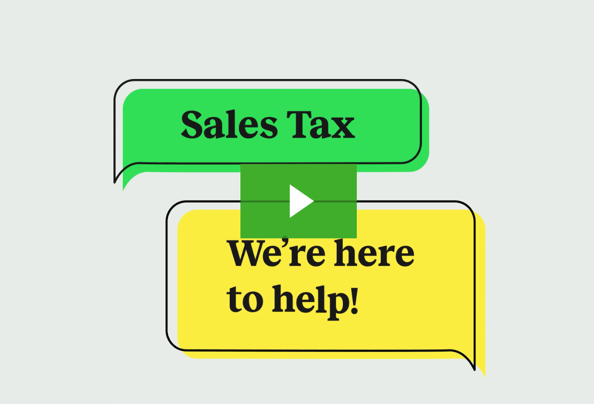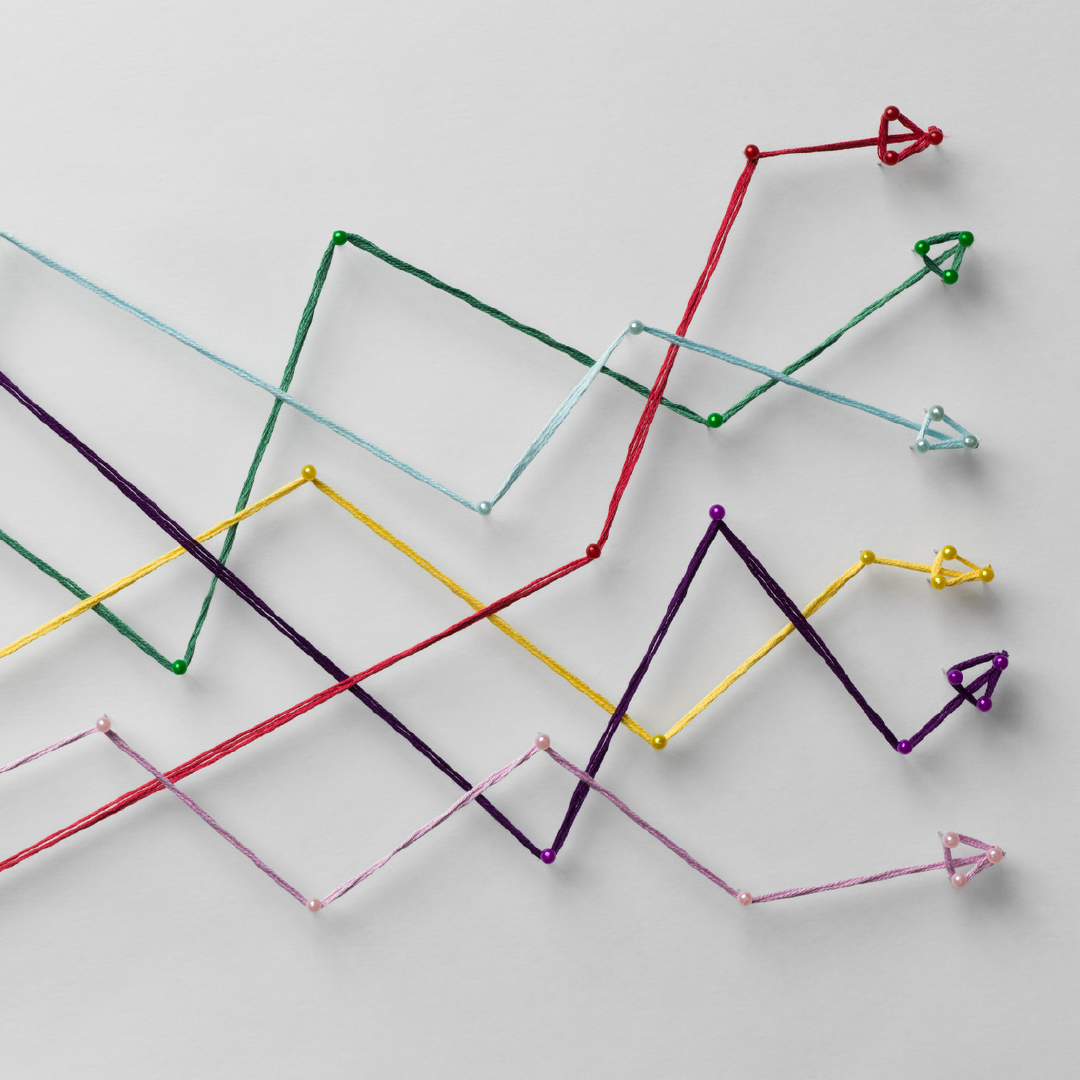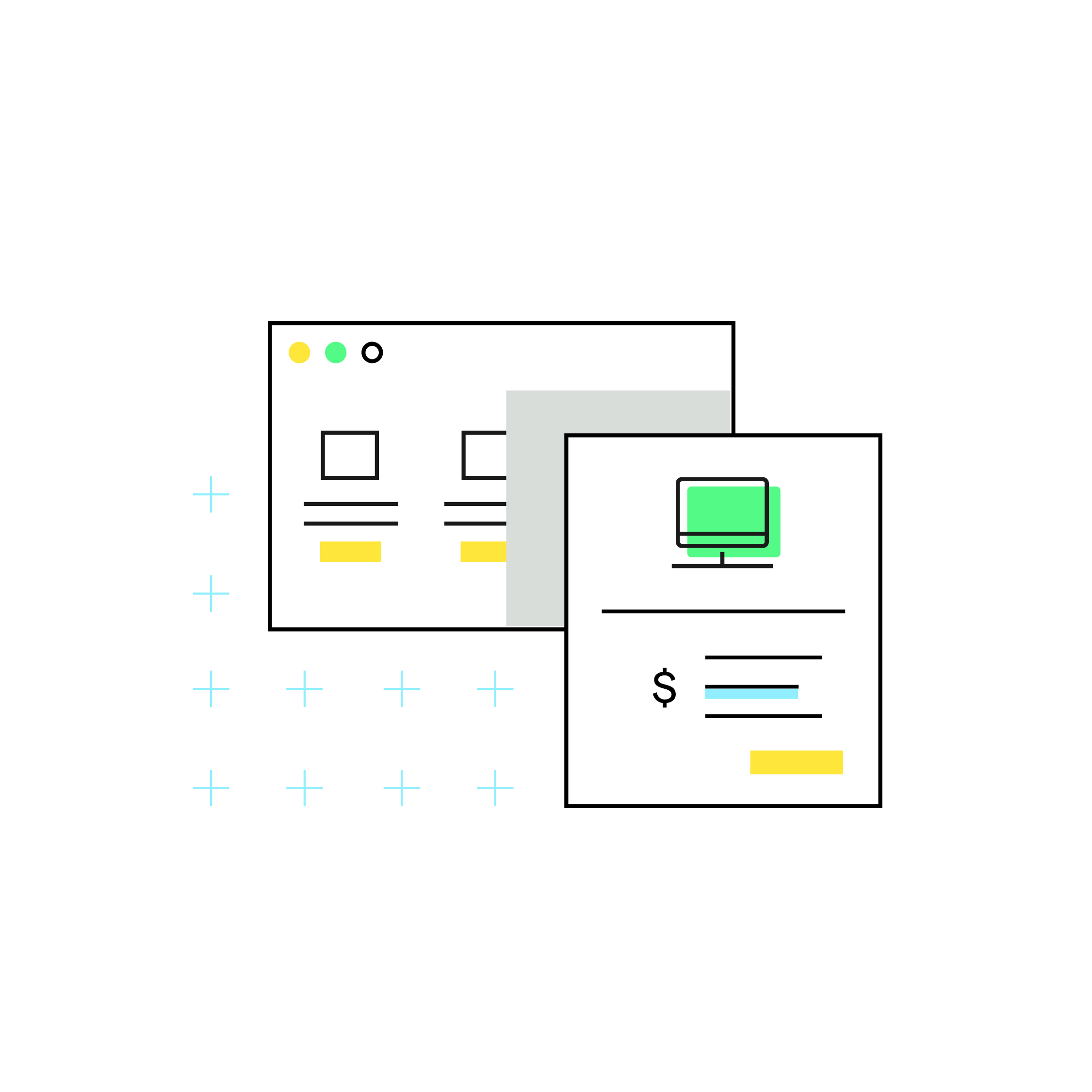Five sales tax myths dispelled
by November 1, 2020
Right after January’s “sales tax perfect storm” (where nearly ever online seller has a sales tax due date) I wrote a blog post about some of the sales tax myths and misconceptions we encountered during that busy time. Well, the July “sales tax perfect storm” has just passed, and I have a whole new round of myths to dispel!
Here’s round two of our sales tax myths series. Feel free to add your own myths in the comments!
5 Sales Tax Myths, Demystified
The first two myths involve “origin-based sourcing.” Long story short, origin-based sourcing is one of two major ways a state will require you to collect sales tax. (The other, more common type of sourcing, is “destination-based sourcing.”) In origin-based sourcing, your life is fairly simple: If you live in an origin-based sourcing state, then you collect sales tax from buyers at the sales tax rate where the order is accepted, or “originates.” So if you live in an origin-based state like Missouri and work from home, and the sales tax rate at your house is 6.55%, then you charge ALL of your Missouri customers 6.55%.
(Remember, for the first 5 myths, check out our “5 Sales Tax Myths Dispelled” post.)
Sales Tax Myth #6: If I live in an “origin-based” sales tax state then I only have to collect sales tax from buyers in my state
Just like anything involving sales tax, states make their own laws. So if a state requires you to charge sales tax using “origin-based” sourcing, that law only applies to that particular state. Let’s look at an example:
Shannon lives in Tennessee, which is an origin-based state. The sales tax rate at her home workshop from where she sells handmade furniture is 9%. Since Shannon has home state sales tax nexus in Tennessee, and the furniture she sells and ships to her customers is taxable, then she is required to collect sales tax from her buyers located in Tennessee. And because Tennessee is an origin-based sourcing state, she only has to charge that 9% sales tax rate to all of her customers. Unlike other sellers who live in destination-based states, she does not have to worry about figuring out what the sales tax rate is at each buyer’s ship-to location.
But, let’s say Shannon opens a furniture factory in neighboring Arkansas. She now has sales tax nexus and is required to collect sales tax in both Arkansas and Tennessee. Shannon now has sales tax nexus in Arkansas, too. She’s required to register for an Arkansas sales tax permit and begin collecting sales tax from her Arkansas customers. Contrary to this myth, just because Shannon lives in an origin-based state does not mean that she only has to collect sales tax in her state. If Shannon has sales tax nexus in other states, she has to follow those other states’ rules and collect sales tax the way they want her to collect.
This brings me to the next, related myth:
Sales Tax Myth #7: If I live in an origin-based sales tax state, I charge everybody all around the world the sales tax rate at my business location
In this myth, once again sellers overlook the fact that every state makes their own sales tax laws and rules, and that every state is different.
Shannon lives in Tennessee, and so when collecting sales tax from a buyer in Tennessee she follows Tennessee sales tax law. That means charging sales tax at the 9% rate of her home workshop.
But Shannon should not charge buyers in other states the Tennessee sales tax rate. If she has sales tax nexus in another state, then it’s up to her to also follow that state’s sales tax laws.
Sales Tax Myth #8: If Amazon collects sales tax from buyers in a state, then I have to collect sales tax from buyers in that state
Just like any other eCommerce seller, Amazon.com is required to collect sales tax in states where it has nexus.
Amazon FBA sellers are also required to collect sales tax in states where they have nexus. The mistake lies in thinking that Amazon and Amazon FBA sellers have the same sales tax collection requirements.
When you see a news story about Amazon collecting sales tax in a new state, keep in mind Amazon may have nexus there for any number of reasons, such as having employees, offices or data centers in the state.
Amazon FBA sellers only have to be concerned with nexus in states where their inventory is stored (or where other business factors create nexus). So just because Amazon.com collects sales tax from buyers in North Carolina (home to an Amazon sort center), does not mean that Amazon FBA sellers also are required to collect sales tax from buyers in that state. As an FBA seller, you are only required to comply with sales tax laws and collect sales tax in states where you have sales tax nexus. Amazon.com’s sales tax nexus has nothing to do with your sales tax nexus.
It helps to think of your FBA business as totally separate from Amazon.com’s business. This brings me to the next myth:
Sales Tax Myth #9: I have sales tax nexus in every state where Amazon has a fulfillment center
We all know that storing inventory in a state creates sales tax nexus (with the big exceptions of New York and Virginia who don’t consider 3rd party fulfillment to create nexus.) We’ve had brand new Amazon FBA sellers ask us if they should immediately register to collect sales tax in all approximately 20 states (and growing) where Amazon has a fulfillment center. Our advice is usually the same – hold your horses!
Just because Amazon has a fulfillment center in a state does not mean that your inventory is stored in that state.
There are a couple of good ways to find out where your inventory is actually stored:
- Check your Inventory Event Detail Report on Amazon – this is Amazon’s report showing you exactly where your products are sitting
- Check your TaxJar dashboard – TaxJar will indicate states from where Amazon is shipping your inventory with a brown Amazon badge.
We did some number crunching last year, and found that most established Amazon sellers had inventory stored in about 10 states. While that average may very well have changed at this point as Amazon expands their fulfillment network, chances are you don’t have inventory stored in every Amazon state. We recommend double checking where your inventory is actually stored before registering for a sales tax permit.
Myth #10: If I use Amazon inventory placement, I can limit the states where FBA gives me sales tax nexus
Amazon Inventory Placement is a program that allows Amazon FBA sellers to pay a fee to send shipments to just one warehouse, rather than sending them to multiple warehouses.
Unfortunately, after investing further, we found that Amazon Inventory Placement does not seem to have any bearing on the number of states where your Amazon products eventually end up. Basically, while sending shipments to just one location can make your life as a seller much simpler, Amazon will still trans-ship your products to wherever they are most needed – and that usually means dispersing them to different states. After all, Amazon has proven time and again with their actions that they are attempting to build the fastest delivery network out there.
While it would be great to be able to limit your sales tax liability when using Amazon FBA, this myth is busted.
I really hope these myths helped answer some of your questions or put rumors to rest! Do you have any sales tax myths you’d like to ask about? Or myths you’d like to put to bed? Start the conversation in the comments!








